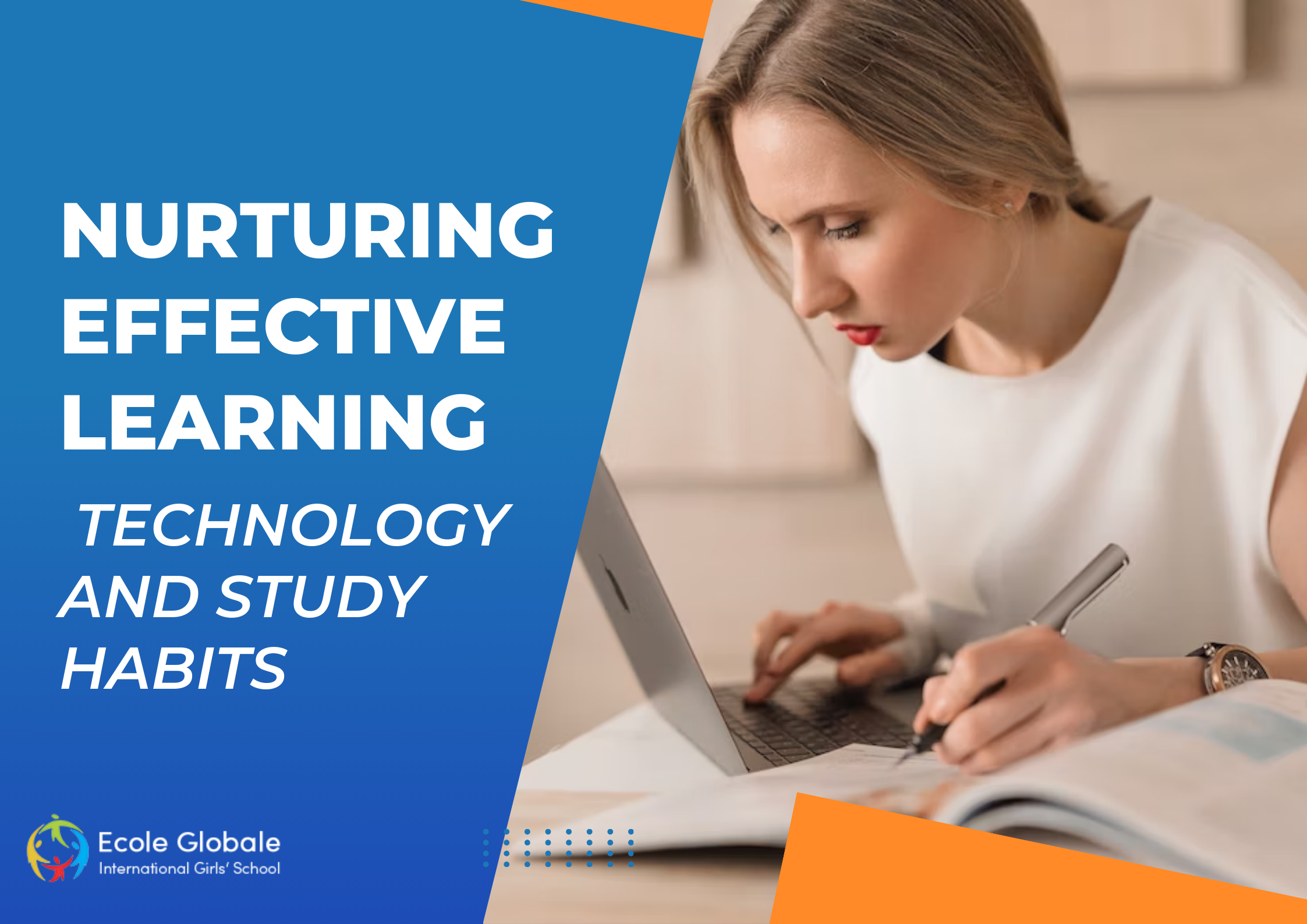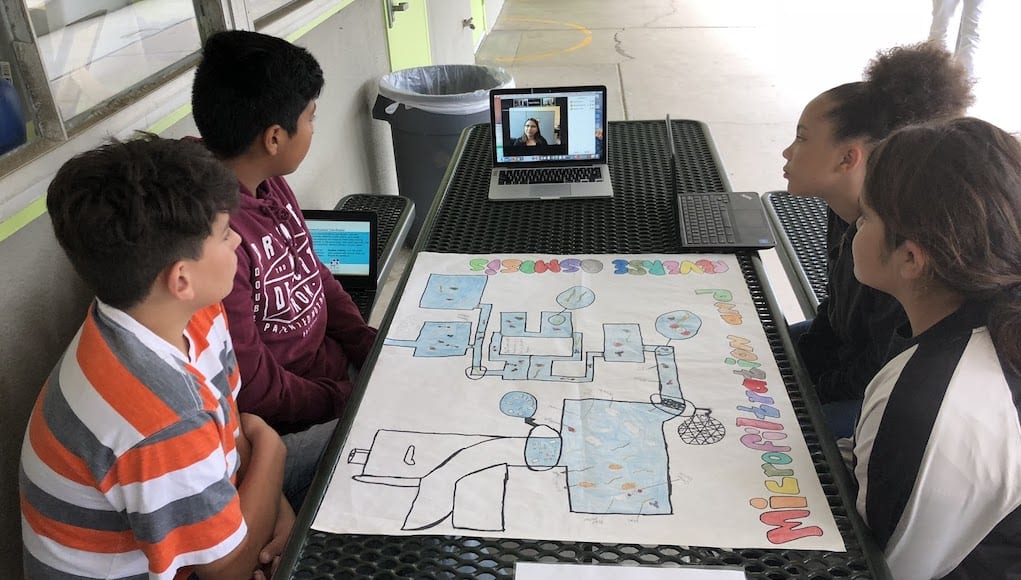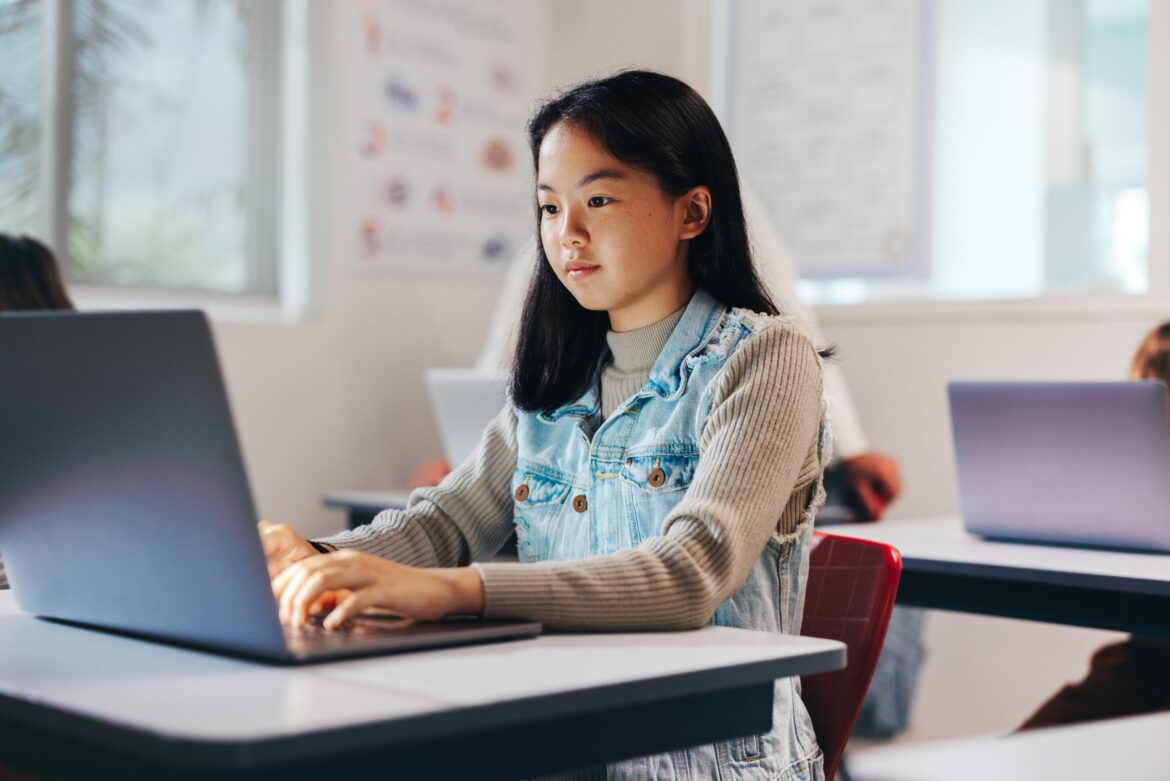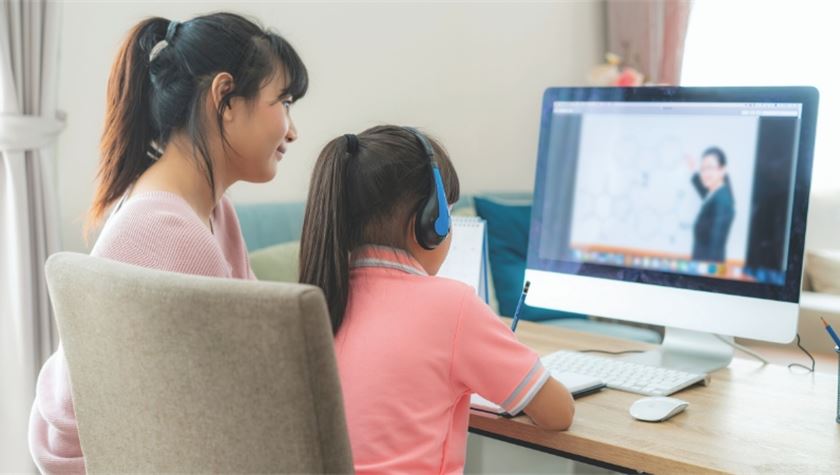The Impact of Technology on Education
The integration of technology into education has transformed the learning landscape, offering both challenges and opportunities, particularly in the context of boarding schools.
Parents play a crucial role in supporting their children and nurturing effective learning, bridging the digital and academic spheres. Let’s explore the nuances of technology in boarding school education and provide actionable tips for parents to facilitate optimal study habits.
Understanding the Digital Landscape in Boarding Schools
Integration of Technology in the Classroom
In modern boarding schools, technology has become an integral part of the classroom experience. Digital learning platforms, interactive tools, and online resources enhance the educational journey, providing students with diverse learning opportunities.
Parents need to understand the digital tools used in their children’s education, engaging in conversations with teachers and school staff to gain insights into the curriculum by nurturing effective learning methods.
Balancing Screen Time and Offline Activities
While technology is a valuable educational asset, maintaining a balance between screen time and offline activities is crucial. Setting reasonable screen time limits fosters a healthy lifestyle and prevents potential negative impacts on physical and mental well-being. Encouraging offline learning and socialization contributes to a well-rounded educational experience by nurturing effective learning methods.
Assessing Individual Learning Needs
Recognizing Diverse Learning Styles
Children have diverse learning styles, and understanding these styles is essential for effective technology integration. Visual, auditory, and kinesthetic learners may benefit from different approaches to technology use. Personalized strategies that align with individual preferences contribute to a more tailored and successful learning experience by nurturing effective learning methods.
Collaborating with Teachers and School Staff
Effective communication with teachers and school staff is fundamental to understanding the technological aspects of your child’s education. Collaborating on how technology is integrated into the curriculum and seeking guidance on best practices ensure a harmonious approach between home and school and nurturing effective learning methods.
Establishing a Positive Digital Learning Environment
Creating a Dedicated Study Space
A conducive study environment is critical for effective learning. Establishing a dedicated and distraction-free study space helps students focus on their academic tasks. Customizing study spaces based on individual preferences enhances comfort and productivity by nurturing effective learning methods.
Implementing Effective Time Management
Digital tools can aid in effective time management, helping students structure their study sessions and breaks. Techniques like time blocking, where specific periods are allocated for different activities, assist in maintaining a balanced schedule and nurturing effective learning methods.
Utilizing Educational Apps and Platforms
Identifying High-Quality Educational Apps
The world of educational apps is vast, and not all are created equal. Parents should identify high-quality educational apps that align with their child’s academic needs. Subject-specific apps for academic enhancement and those focusing on skill development offer valuable resources.
Monitoring App Usage and Progress
While educational apps can be beneficial, it’s essential to monitor their usage and evaluate their impact. Parental controls and monitoring tools provide insights into app usage, enabling informed decisions about their effectiveness. Engaging in discussions with children about their experiences with these apps fosters open communication by nurturing effective learning methods.
Encouraging Digital Note-Taking and Organization
Benefits of Digital Note-Taking Tools
Digital note-taking tools offer advantages in terms of organization and accessibility. They enable students to compile information more efficiently, facilitating better review and revision processes. Collaboration opportunities with peers are also enhanced through this digital tool and nurturing effective learning methods.
Teaching Effective Note-Taking Strategies
Alongside using digital tools, teaching effective note-taking strategies is crucial. Emphasizing key concepts and ideas, and the importance of regular review and revision ensures that digital note-taking becomes a valuable study habit.
Addressing Digital Distractions and Time Management Challenges
Recognizing Common Digital Distractions
Digital distractions, such as social media and entertainment apps, can hinder effective study habits. Parents need to recognize these common distractions and work collaboratively with their children to minimize their impact by nurturing effective learning methods.
Time Management Techniques for Effective Studying
Effective time management is a skill that extends beyond the digital realm. Techniques like the Pomodoro Technique and time blocking can assist students in maximizing their productivity while avoiding burnout. Setting realistic study goals and deadlines adds structure to their academic routine.
Supporting Collaborative Learning and Group Projects
Virtual Collaboration Tools for Group Projects
In the digital age, collaborative learning and group projects often extend beyond the classroom. Virtual collaboration tools, including video conferencing platforms and shared document apps, facilitate seamless communication and cooperation among group members.
Fostering Effective Communication Among Group Members
Encouraging effective communication among group members is essential for successful collaborative projects. Establishing clear communication channels and promoting active participation and accountability contribute to the overall success of group endeavors and nurturing effective learning methods.
Promoting Digital Literacy and Responsible Internet Use
Importance of Teaching Digital Citizenship
Teaching digital citizenship is integral to preparing students for responsible internet use. Navigating online information and sources, understanding the consequences of digital actions, and promoting online etiquette contribute to a positive digital presence.
Establishing Guidelines for Safe and Responsible Internet Use
Parents play a pivotal role in establishing guidelines for safe and responsible internet use. Emphasizing online etiquette, respectful communication, and monitoring online behavior helps children develop a healthy relationship with the digital world.
Leveraging Technology for Parental Involvement and Support
Communication Platforms with School Staff
Parents can leverage technology to stay actively involved in their child’s education. Communication platforms, such as parent portals and communication apps, provide real-time updates on academic progress and school events and nurturing effective learning methods.
Virtual Parent-Teacher Conferences and Check-Ins
Virtual parent-teacher conferences and check-ins offer opportunities for feedback and collaboration. These interactions allow parents to address academic concerns, understand their child’s performance, and collaborate with teachers on strategies for improvement.
Encouraging a Healthy Balance Between Online and Offline Activities
Importance of Physical Activity and Recreation
While technology is a valuable educational tool, promoting physical activity and recreation is equally important. Balancing screen time with outdoor activities and encouraging hobbies beyond digital devices contribute to a well-rounded lifestyle.
Establishing Technology-Free Time Zones
Creating technology-free time zones, especially during family dinners and quality time, fosters meaningful connections. Weekend activities that do not involve technology provide opportunities for relaxation and diverse experiences.
Navigating Technological Changes and Staying Informed
Keeping Abreast of Technological Advancements
The digital landscape is continually evolving, and staying informed about technological advancements is crucial. Continuous learning and adaptability are key to navigating changes and ensuring that children are equipped with the latest tools for effective learning.
Supporting Your Child in Learning New Technologies
Parents can actively support their children in learning new technologies. Collaborative learning experiences and exploration of emerging tools together foster a positive attitude toward technological changes and contribute to a shared learning journey.
Addressing Potential Technology-Related Challenges
Recognizing Signs of Technological Burnout
It’s essential for parents to be vigilant about signs of technological burnout in their children. Identifying signs of screen fatigue and stress allows for timely intervention and strategies to balance technology use for overall well-being and nurturing effective learning methods.
Seeking Professional Guidance When Needed
In cases where technology-related challenges persist, seeking professional guidance is prudent. Consulting with school counselors, psychologists, or educational technology specialists provides additional insights and strategies to address specific concerns.
Conclusion
In conclusion, the relationship between technology and effective learning in boarding schools is multifaceted. Parents play a vital role in navigating this landscape, supporting their children in developing healthy study habits while harnessing the benefits of technology.
By understanding the digital landscape, fostering a positive learning environment, and actively engaging with their child’s educational journey, parents contribute significantly to their academic success by nurturing effective learning methods.
The integration of technology requires a collaborative approach between parents, teachers, and students to ensure a balanced and fruitful educational experience.
As parents embrace the evolving digital era, they empower their children to thrive in the dynamic world of technology-enhanced learning. May these tips serve as a guide for parents in nurturing effective study habits and facilitating positive technological integration in their children’s boarding school experience.




















